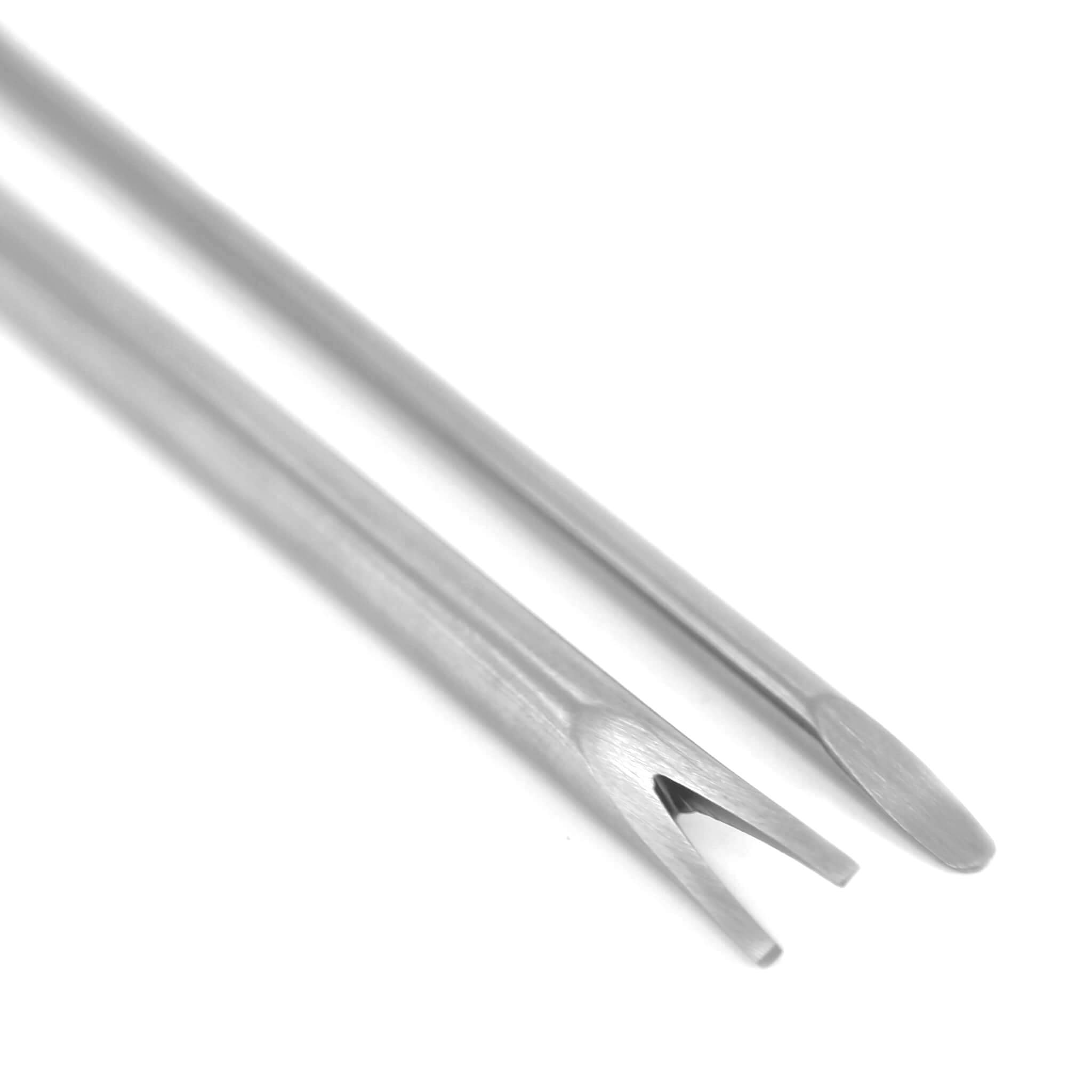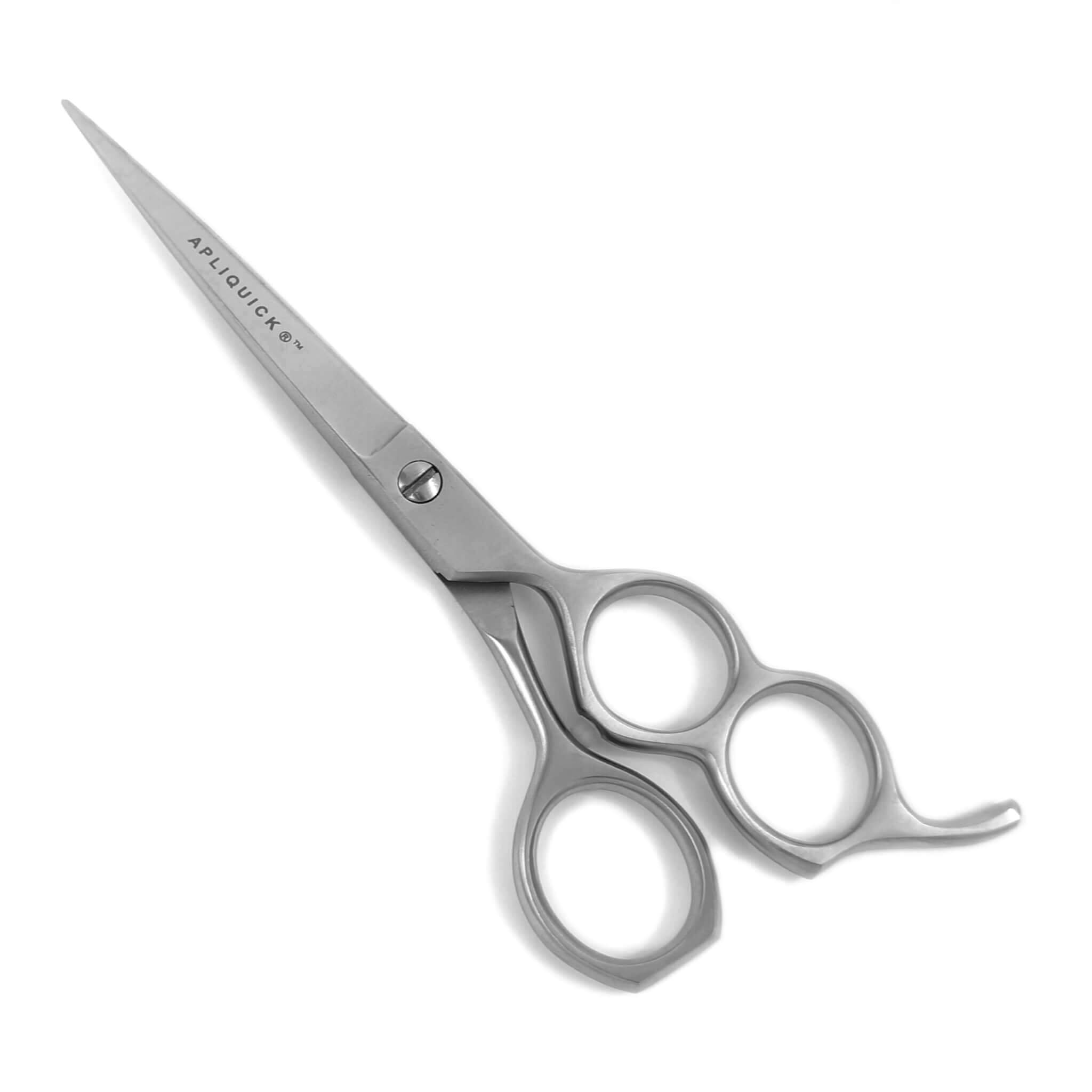The Magical Work of Clodie Francois
by Lilo Bowman
In a time when so many things are made of plastic, it's refreshing to find an artist whose works are created using such seemingly basic and ordinary items as paper, cardboard, and twigs. Join us as we visit the studio of Clodie Francois of Mesdames Carton.
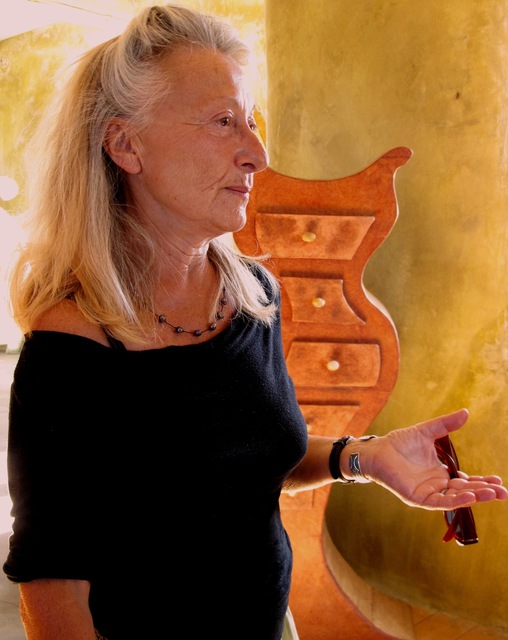
(image: Clodie Francois of Mesdames Carton)
In a time when so many things are made of plastic, it’s refreshing to find an artist whose works are created using such seemingly basic and ordinary items as paper, cardboard, and twigs.
Perched high on a mountain at 7,000 feet, near the village of Chamisal, New Mexico, is the home and studio of Clodie Francois (Mesdames Carton). The beautiful scenery provides a stunning backdrop for the whimsical furniture and lamps produced by this petite, self-taught artist.
In 1988, Clodie traveled with her two children from France to the town of Ojo Sarco, New Mexico, to join her husband, Maximilien. Clodie very quickly fell in love with the area and never returned to her native country. In 2002, the family moved to their current mountain-top location.
Born in Paris, Clodie graduated from La Sorbonne with a degree in literature and psychology. For a number of years, she taught high-school-level art classes to at-risk students, at the same time pursuing her love of the theater (both on stage and backstage). Eventually she combined her desire to write with her passion for the theater by becoming a journalist for the daily newspaper, Liberation, where she covered stories focusing on art and the theater.
The move to New Mexico in 1988 forced Clodie to re-evaluate her skills. It was during this time that she remembered her friend Eric Guiomar, the creator of furniture designed using cardboard. She placed a call to Paris—a call that started her on a path that she now feels was destiny. Eric was very enthusiastic, and willingly shared his knowledge of his furniture-building process. Over time, with a combination of Eric’s help and her own creative spirit, Clodie became an expert in the artform, taking it to the next level by using recycled wood and introducing her own whimsical and theatrical touches.
An idea for a new piece can come at any time, so Clodie carries a little notebook for recording quick sketches. Once an idea has formed on paper, she begins the long process of producing it as a three-dimensional object using corrugated cardboard. This particular type of cardboard—used for transporting watermelons and other large produce—is very difficult to come by. Clodie collects boxes from local stores when they call to tell her that boxes are available.
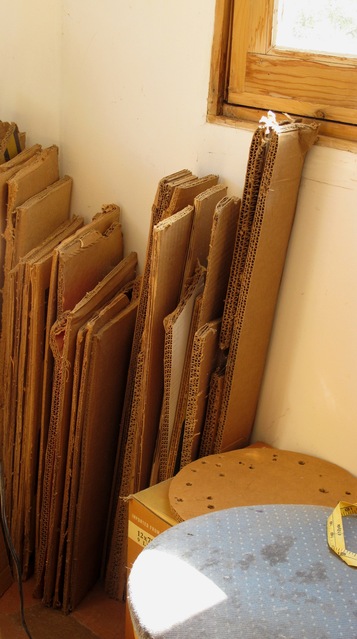
First Clodie draws a full-sized pattern on sheets of this scavenged cardboard. She makes multiple copies, which serve as the “frame” of the piece. Using a special technique, she "weaves" the shapes together to form the structure. This weaving technique results in a finished piece that is lightweight, but very strong, which Clodie, less than 5' tall, demonstrated by effortlessly lifting a chaise lounge. She then asked me to sit on the piece, which was remarkably sturdy and comfortable because of the elasticity of the cardboard.
Once the structure has been built, she adds another layer of cardboard. Some pieces are made exclusively from cardboard, others combine wood for added stability. Then the real magic begins. Clodie covers some of her pieces with lacquered sheets of handmade paper from Nepal. Others are lacquered with thousands of pieces of white tissue paper with pigment sandwiched between each layer. This soft, lacquered pigment provides an impenetrable, waterproof barrier, which at the same time adds an ethereal beauty.
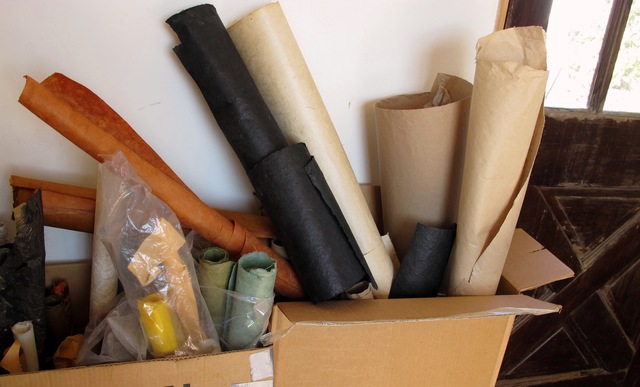
As she focused on making furniture, Clodie realized that she needed light to showcase her creations. This brought another idea: Why not make lamps? Clodie's lamps are made using willow that she cuts while on her daily walks along the Arroyo Seco (dry creek)—and which must cure for a year before it is used—and handmade paper from Thailand and Japan. She has formulated her own "secret recipe" that keeps the paper from fading or becoming brittle and is easy to clean with an air-spray canister.
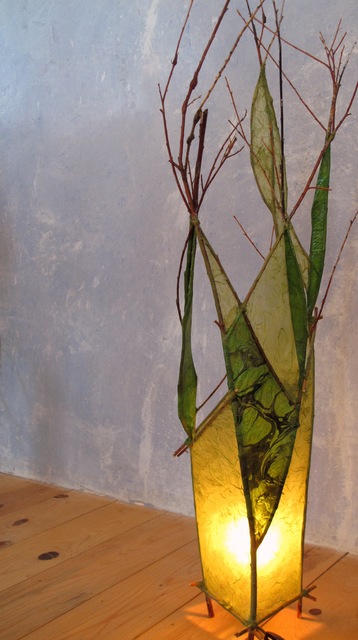
Clodie's studio, with its combination of whimsical furniture and organic lamp designs, transports one to a magical place.
To visit Clodie's website click here.



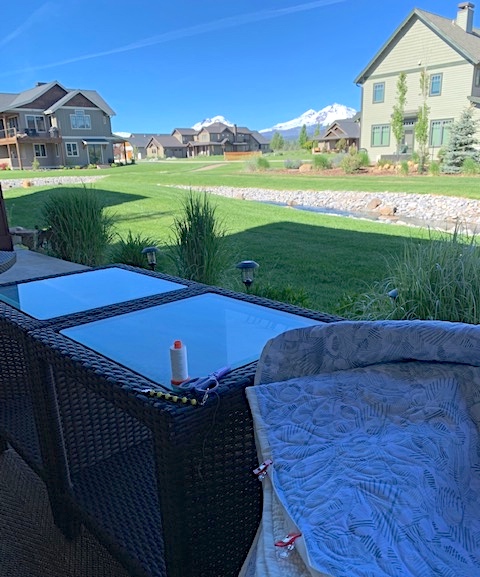
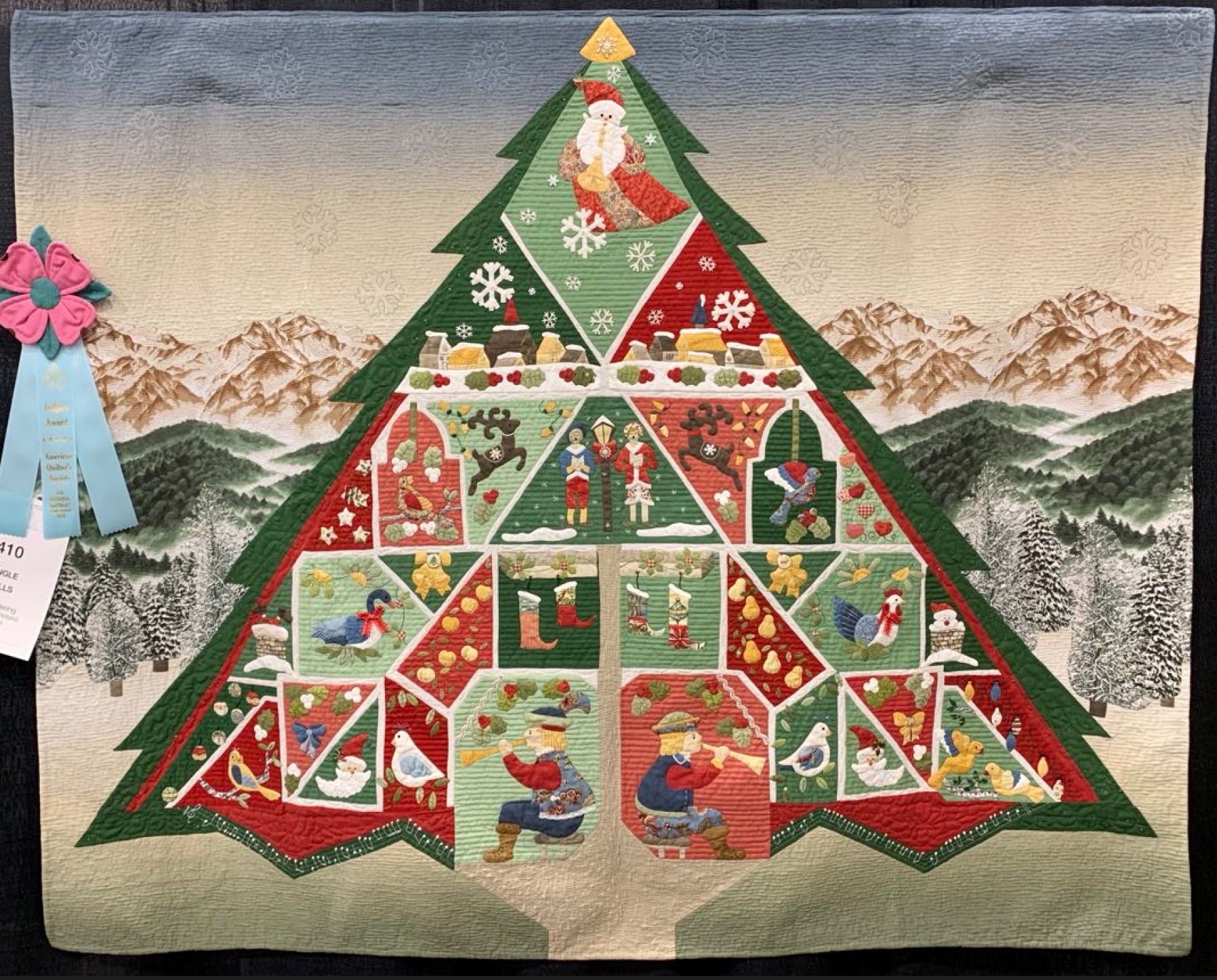
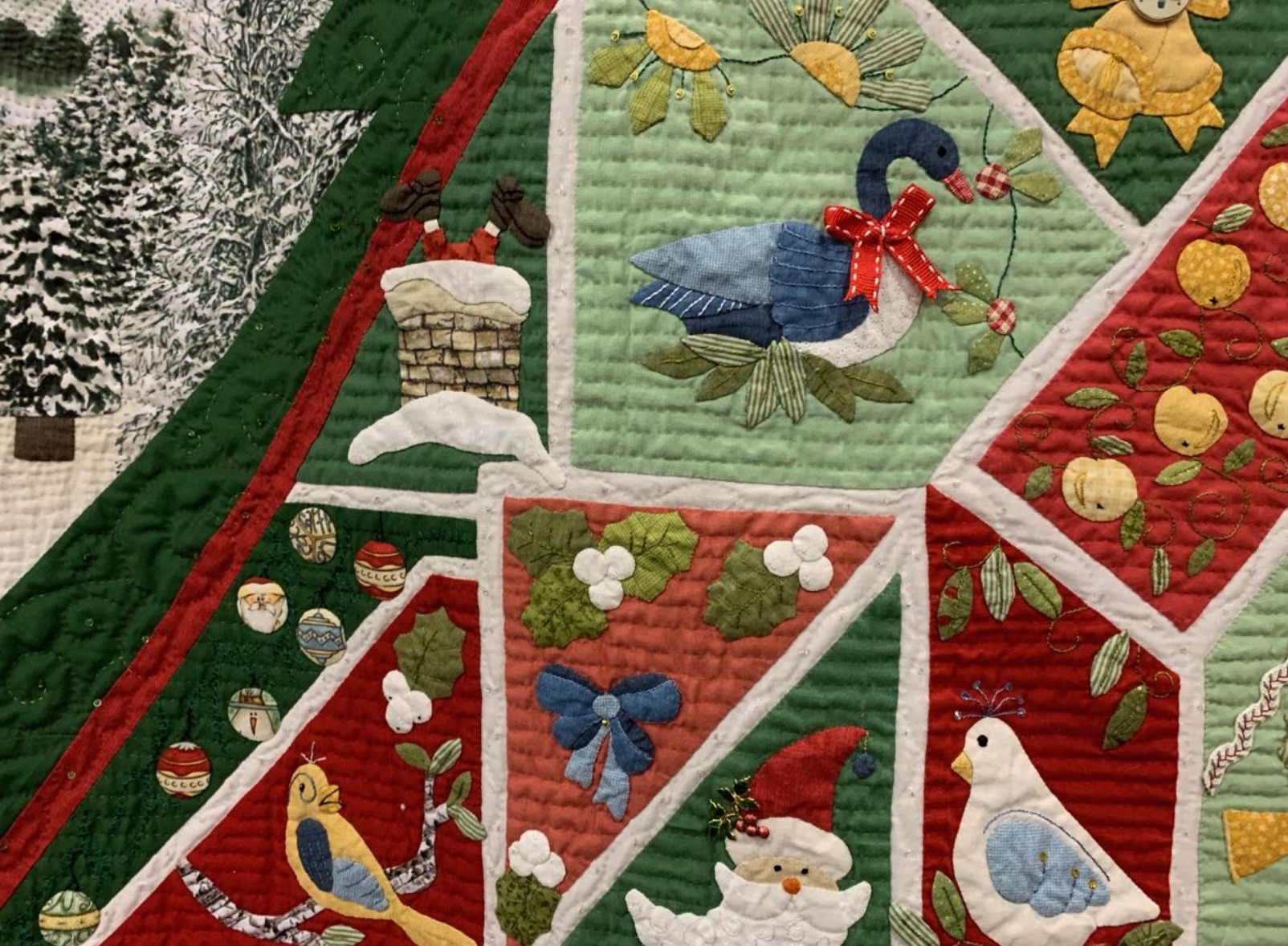
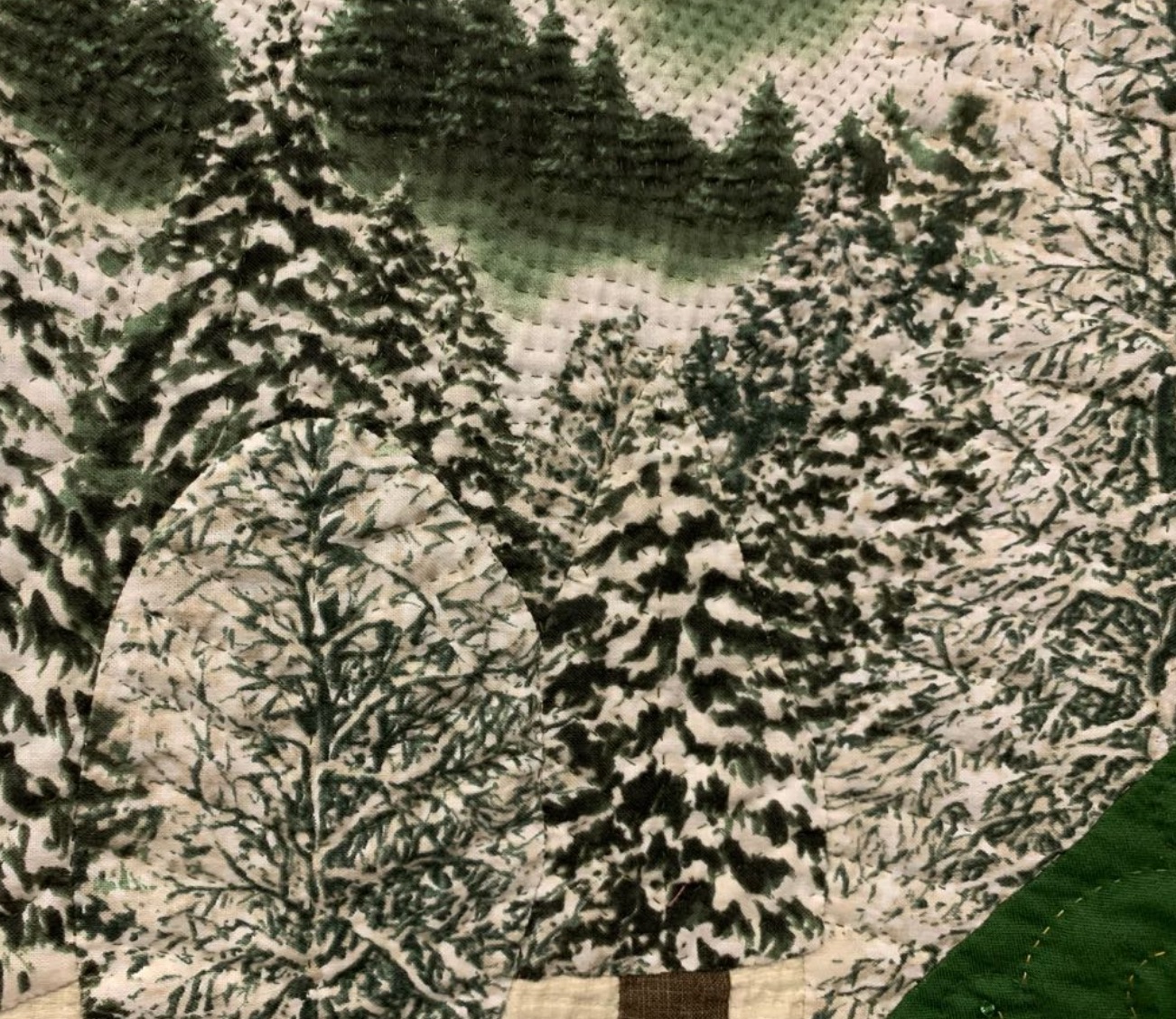

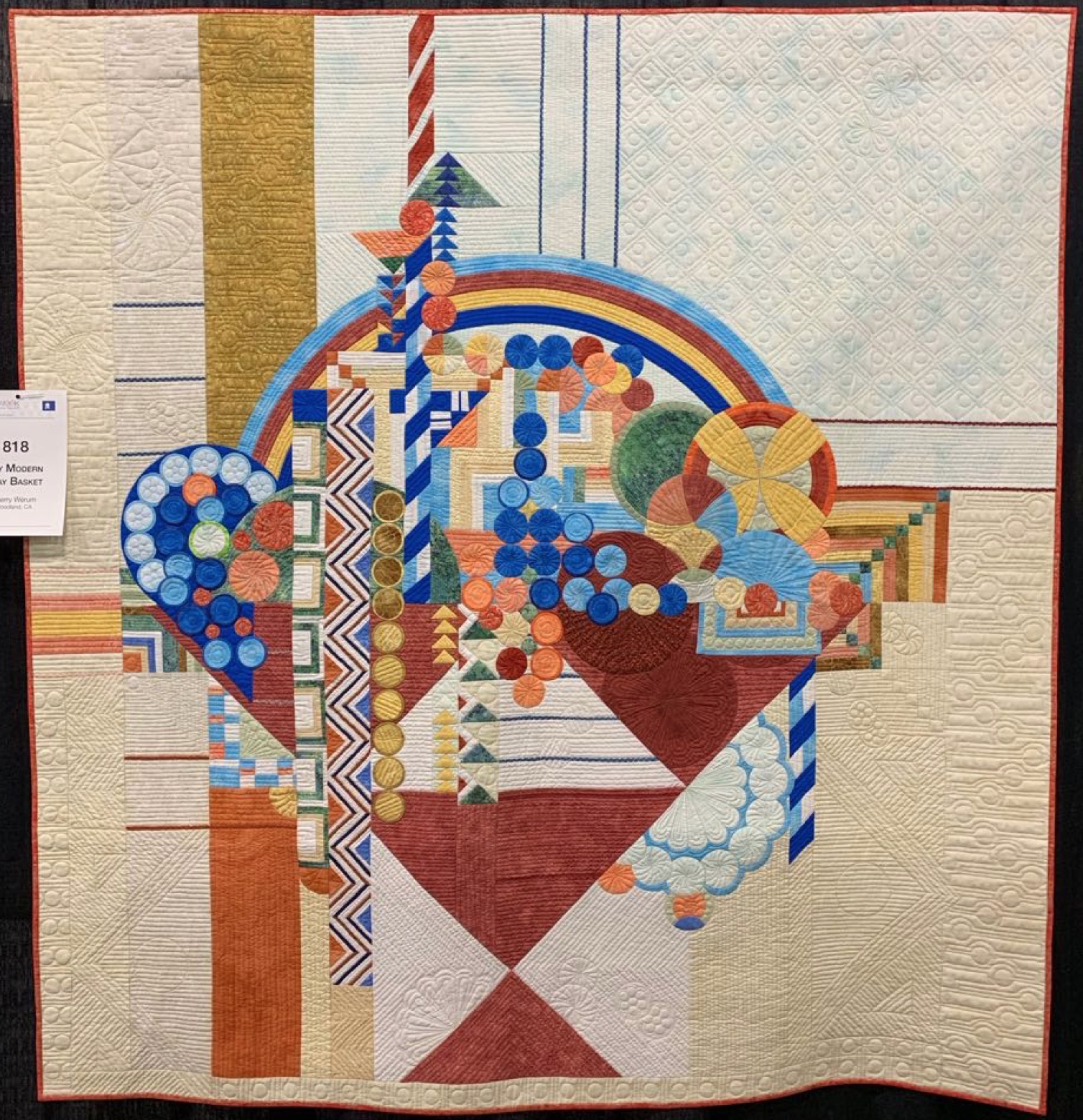
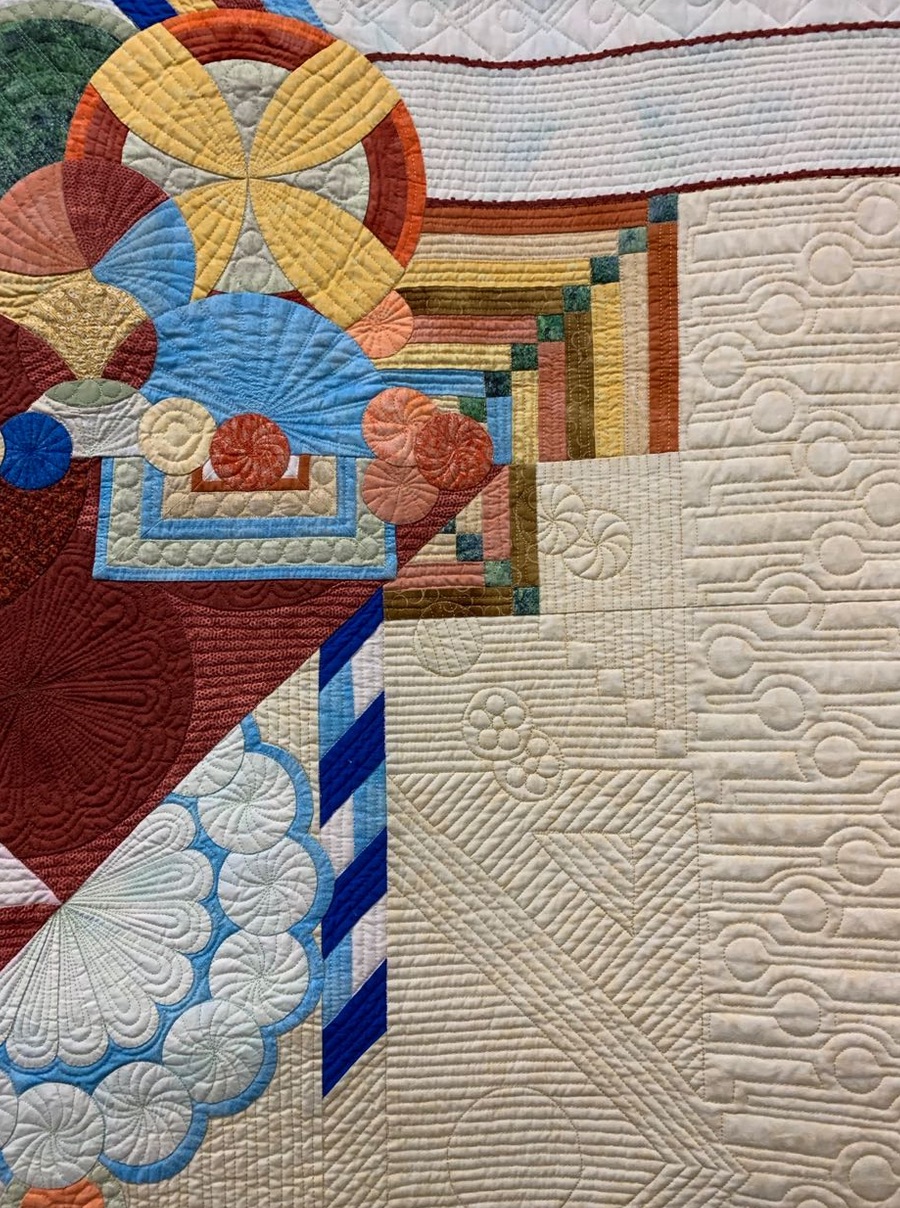
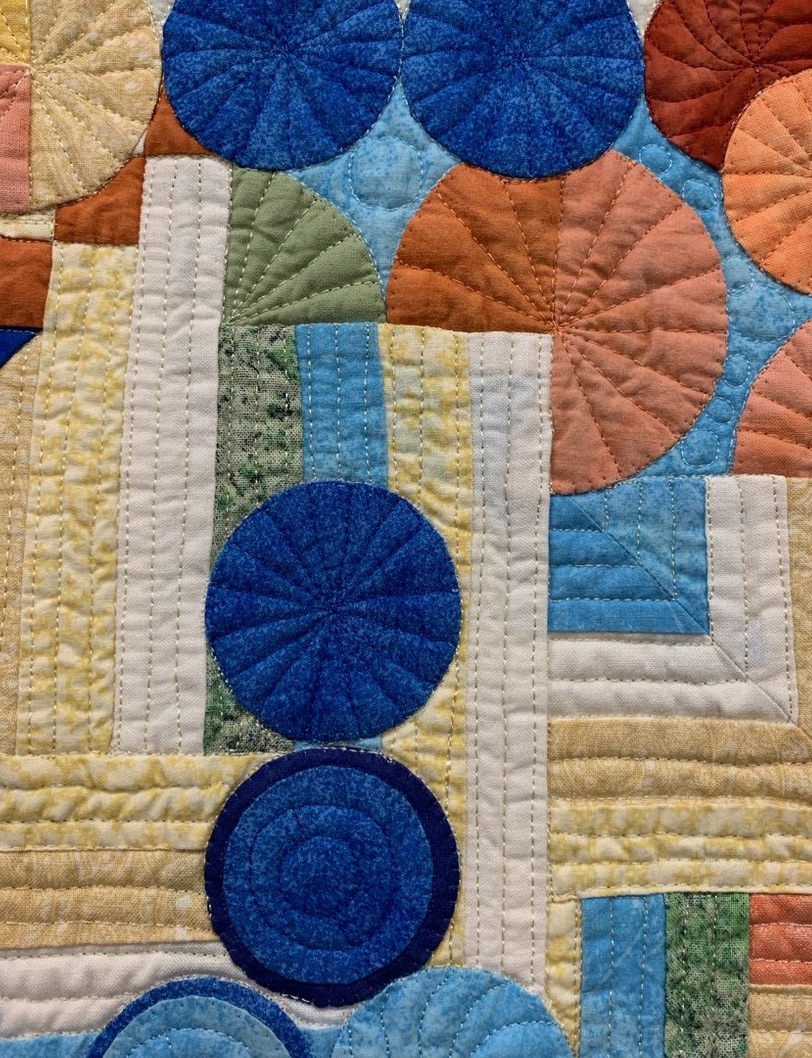

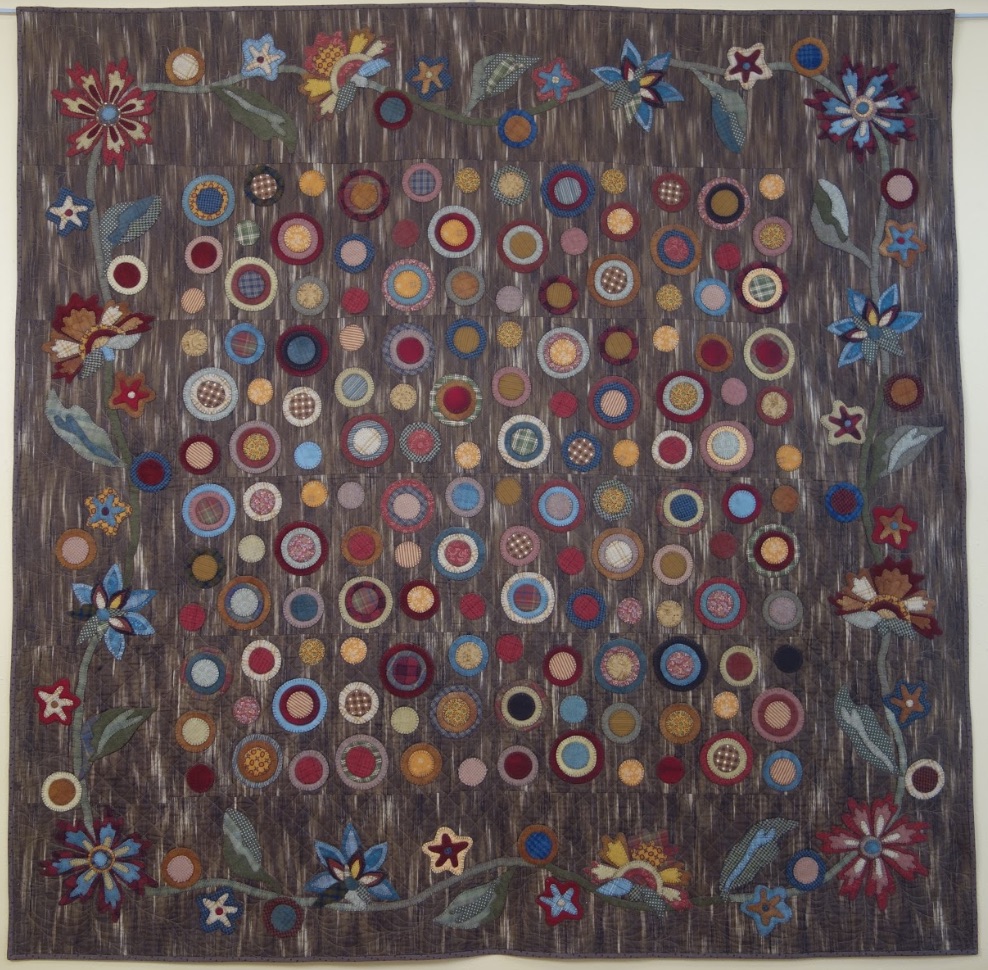
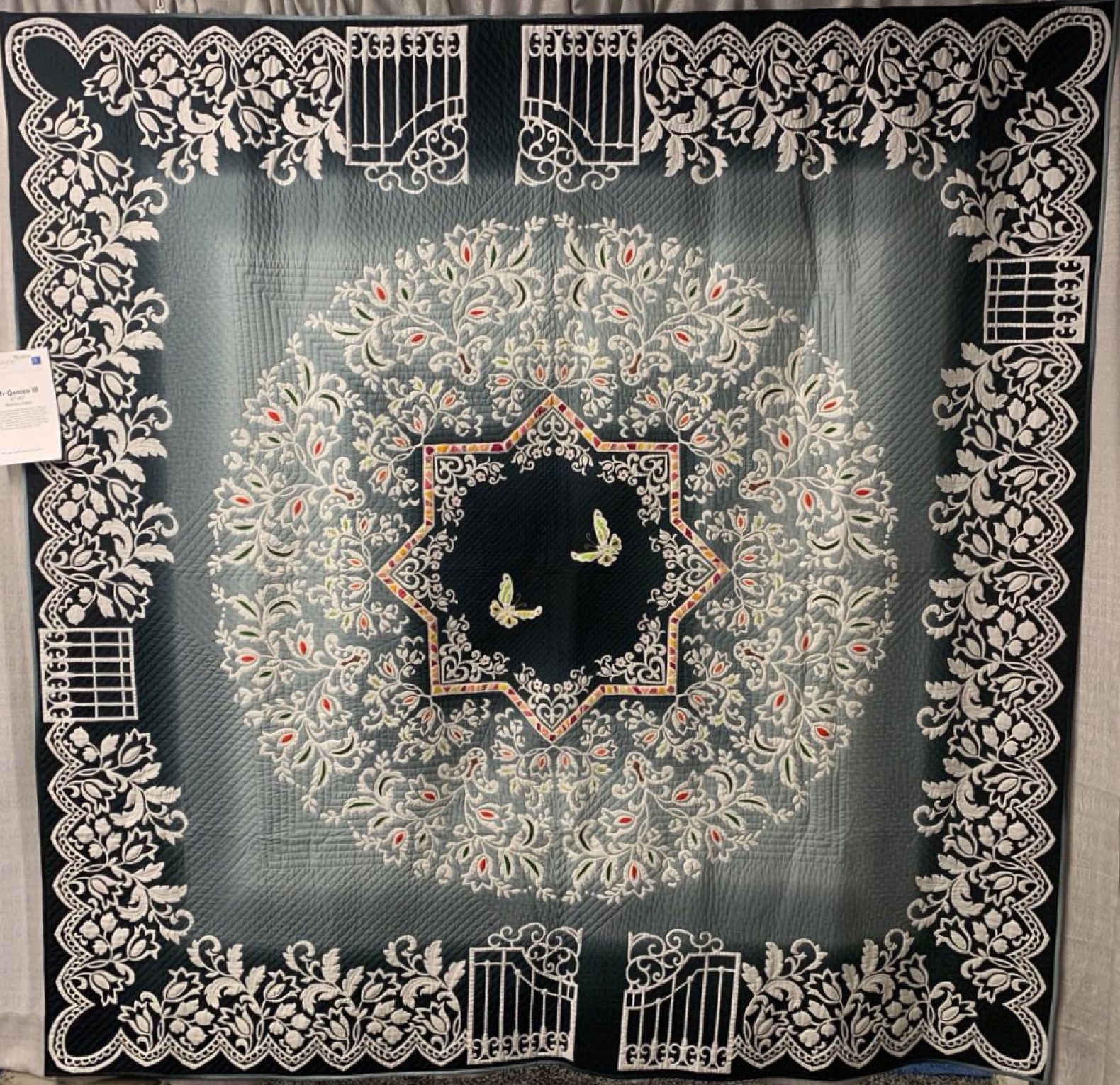
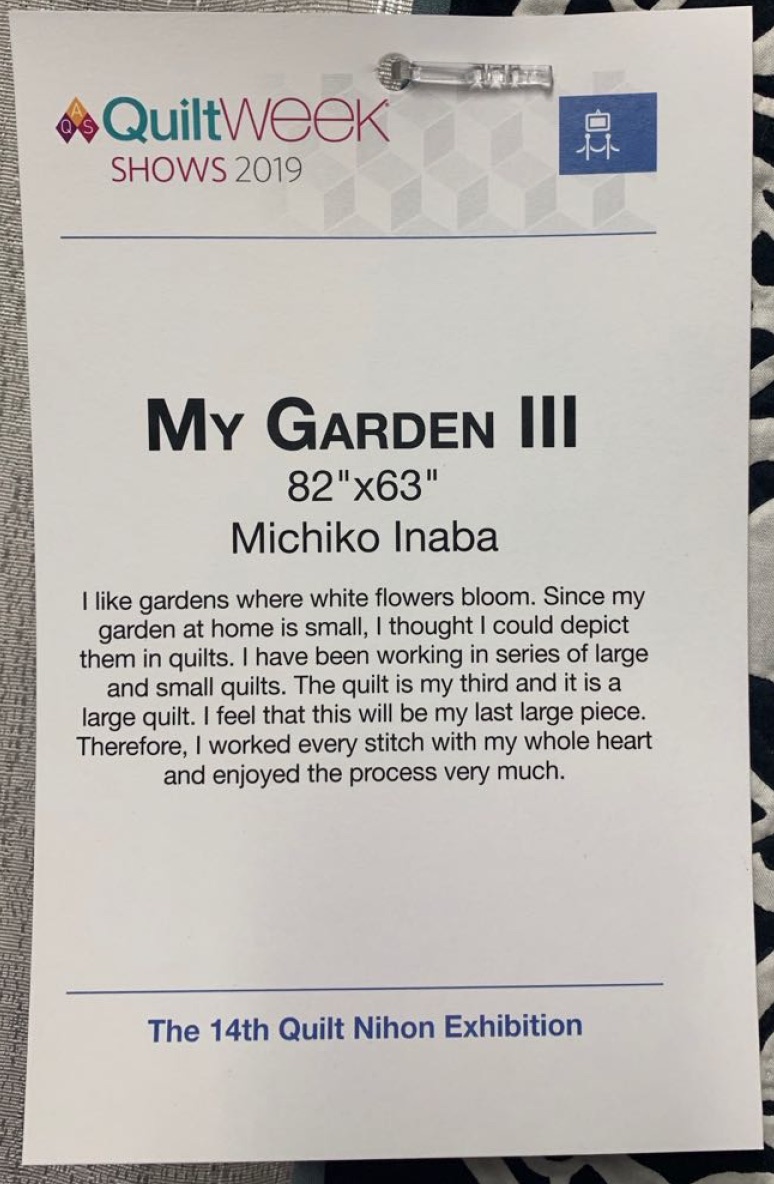
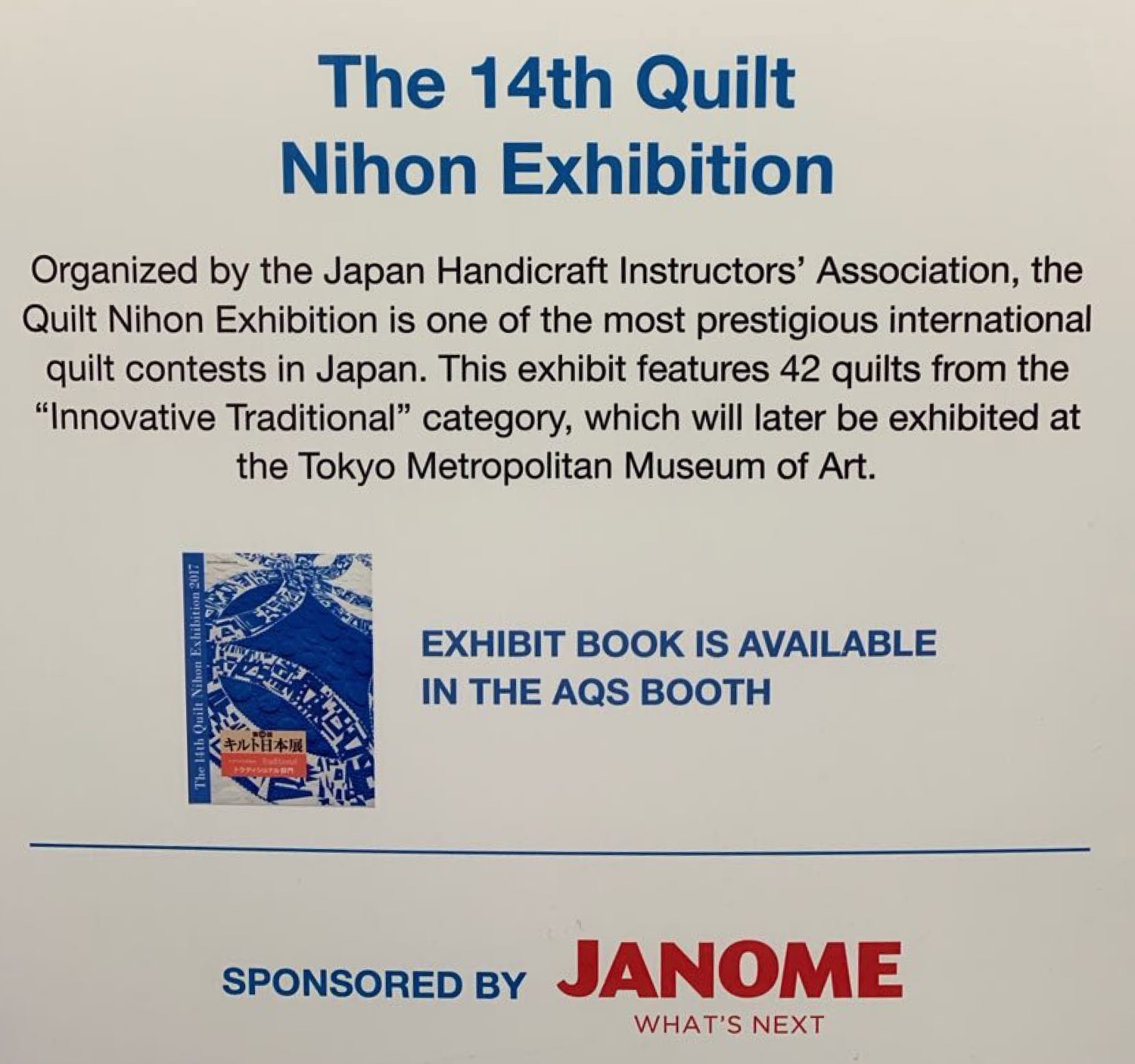
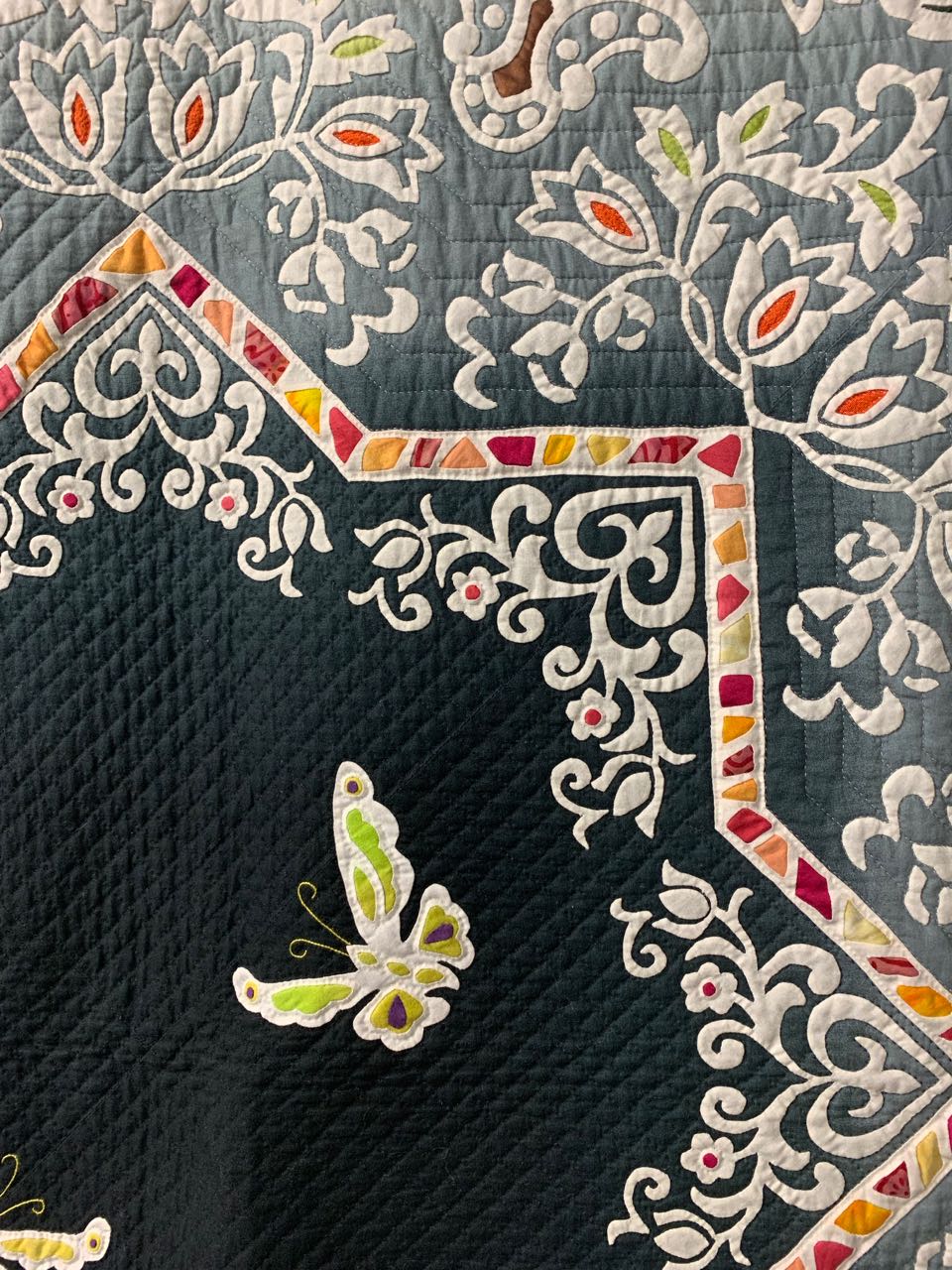
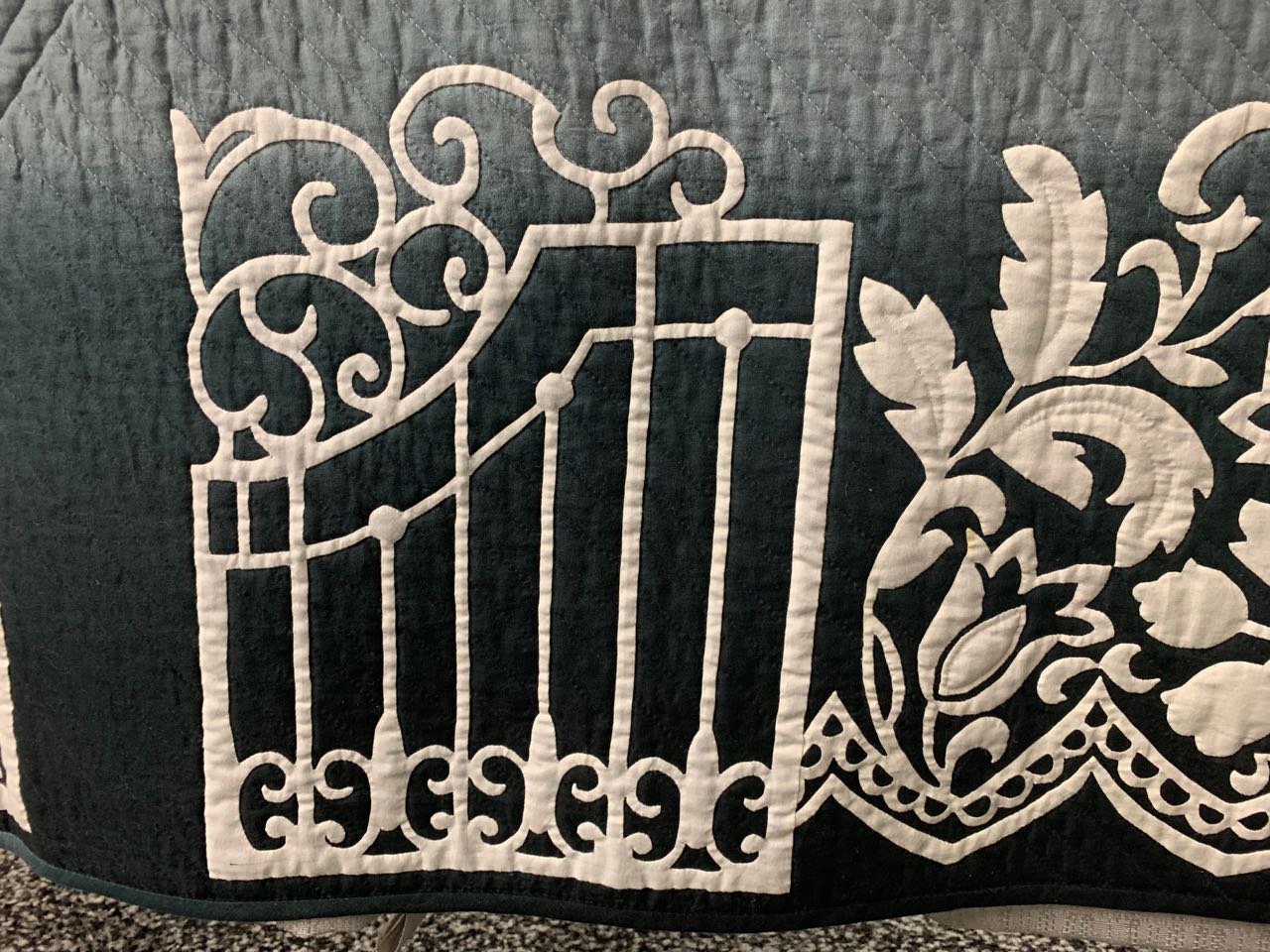
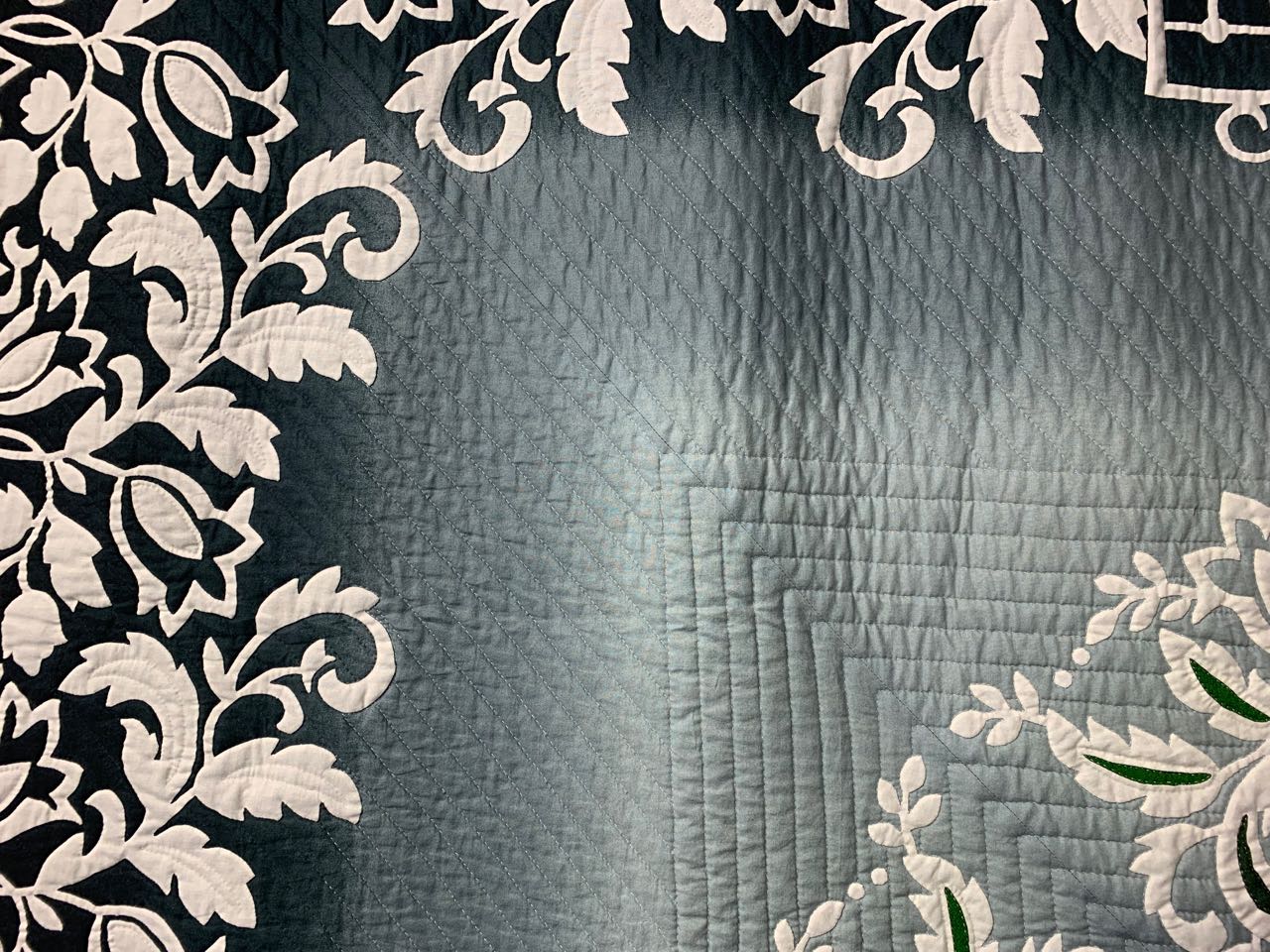

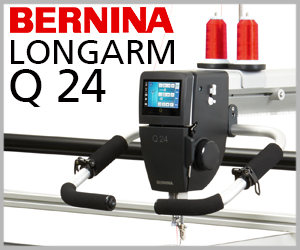
.jpg)
